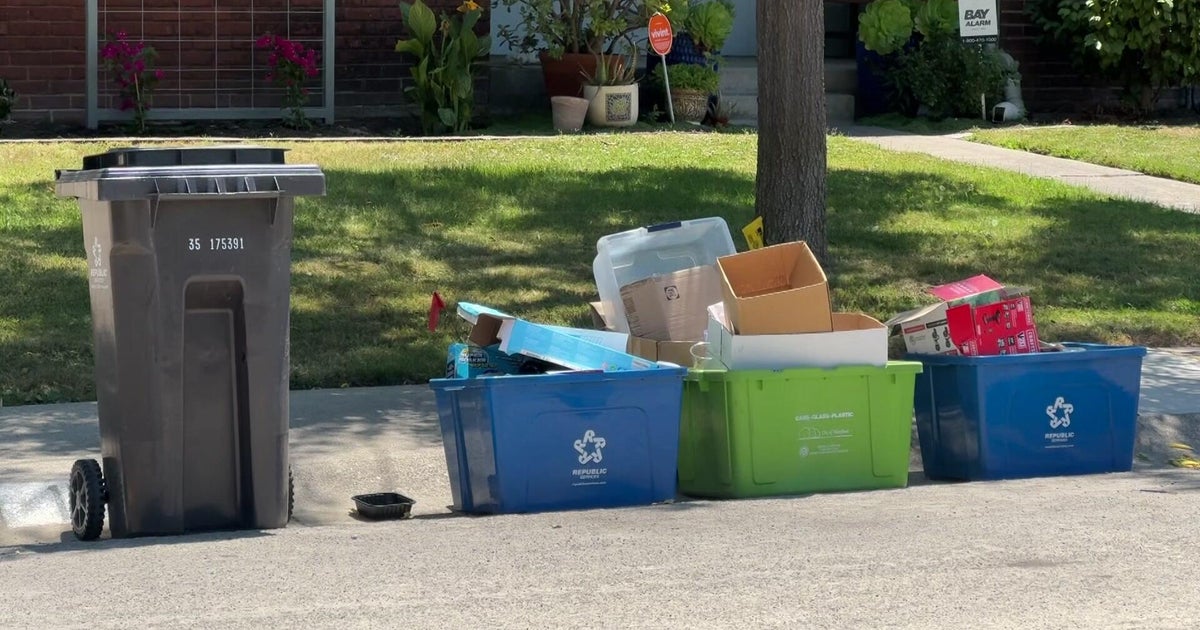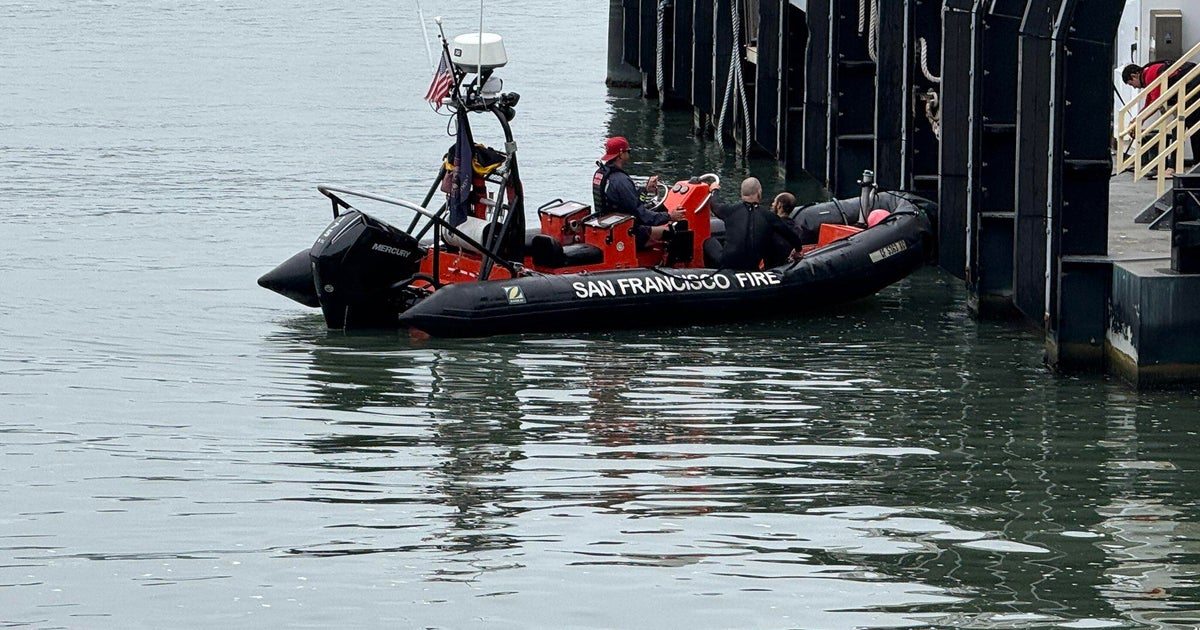Coronavirus Update: Concerns Raised Over Meat Supply Chain After Processing Plant Outbreaks
SAN FRANCISCO (KPIX 5) -- There are new concerns these days about the security of the nation's food supply chain. Last week, several major meat processors closed their doors due to coronavirus infections among workers, affecting people all across the country.
The San Francisco Marin Food Bank feeds nearly 3,000 households each day, a 70 percent increase over when the pandemic hit. So it isn't surprising that a huge donation Monday of frozen chicken from Foster Farms will be put to good use.
"Right now we have been able to source," said Barbara Abbott, food bank V.P. of Supply Chain. "But we are concerned as of this week. Just reading about the number of the packers in the country that may be closing down for a short period of time to get ahead of this crisis."
Those packers include the labor force at several huge Midwest processing plants producing chicken and pork for large retail supermarkets. They're closing temporarily because hundreds of workers have been infected by COVID-19. Infections spread through large packing houses because many employees work shoulder to shoulder with each other.
Companies are scrambling to figure out ways to create more distance or protective barriers between them. But now, with no way to process the meat, some ranchers have had to euthanize large numbers of animals.
"We're having problems getting them to food banks because there's no refrigeration there. So what's happening is the products get destroyed. And it's a terrible thing," said Marc Perrone, President of UFCW, the union representing the factory workers.
So what might this mean for the Bay Area meat supply? Local butcher shops say they already saw demand spike when the shelter-in-place began.
"From the get-go, there was a ton of panic buying. People literally bought everything off of our shelves," said David Fleming. He works as the butcher manager at the Fatted Calf in San Francisco which sells high-end meats.
But Fleming says after an initial buying spree, thing have quieted down a bit as money becomes tight. He is confident the actual supply is strong, but even temporary disruptions to the supply chain are bound to affect availability and prices.
"I think there's going to be a swing," he said. "I think at first people are going to need the really cheap stuff because, frankly, people are going to be out of money."
But eventually, Fleming thinks this experience will bring about long-needed change for his industry.
"The need for a shift away from commodity meat has been there for a long time, and this just makes it glaring," said Fleming.



